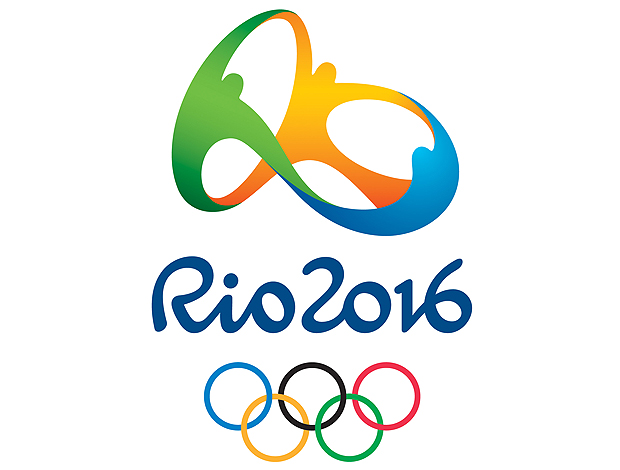Lausanne, Oct 1, 2014: The International Olympic Committee (IOC) Coordination Commission brought to a close its seventh visit (29 September to 1 October) to the South American host city today: it follows a successful winter here for Brazil and for the country’s preparations for the Olympic Games, which included the FIFA World Cup, Rio 2016’s first test event, the Rio 2016 World Press Briefing and the Rio 2016 World Broadcasters Meeting. The Commission left Rio satisfied with the progress that the Rio organisers have made since their last visit in March this year.
As part of its three days of meetings, the Commission visited the Olympic Golf Course, the Olympic Village, the Deodoro Olympic Park, and the Barra Olympic Park, where they were joined by Brazilian President Dilma Rousseff.
Speaking at the end of the visit, Commission Chair Nawal El Moutawakel said: “We leave Rio satisfied with the progress that has been made since our visit last March. The strong commitment of the Brazilian authorities to the success of the Rio 2016 Games has been underlined to us by the presence of President Rousseff during our visit to the Olympic Park yesterday. We remain confident that, despite a very tight schedule, our Brazilian partners will deliver successful Games.”
She continued: “As we enter the final two years of preparations, we are able to see that the core works are progressing at full speed, particularly in venue construction, where we have been receiving solid development reports. We were also able to see first-hand the advancements being made, during our venue tour on Tuesday. Rio 2016 has begun to engage in earnest with the public this winter and we were able to take stock of what has already been done. We were pleased to hear that this engagement will continue with upcoming events like ticket sign-up, mascot launch, the Cultural Olympiad and test events.”
The next big milestone for the Rio 2016 organisers is the deliveries of their ambitious test event programme, which will see 44 sports events, take place in Rio ahead of the Games. The Organising Committee is advancing full speed ahead towards these events, and, in order to be prepared in the best fashion, the Commission reviewed with the organisers all the areas that are presenting concerns or that require particular attention.
Two areas that were looked at very closely were construction and accommodation. Rio 2016 and its Government partners outlined in detail the progress being made on the development of the venues and infrastructure that will be required for the Games. Although the schedule remains tight, the Rio team clearly demonstrated that they had the situation under control, with good progress being made. They also discussed their continued efforts to reinforce their dialogue with the International Federations on venue development.
Accommodation was always going to be a challenge with the large number of hotels that have to be built ahead of the Games, but very clear and reassuring information was provided to the Commission that the 68 new hotels under construction were on track.
The President of the Rio 2016 Organising Committee, Carlos Arthur Nuzman, said: “Our commitment to our mission of organising excellent Games with memorable celebrations remains intact. With the IOC’s guidance and the help of our sponsors, we have the confidence we need. It is very rewarding when we look around and see our partners from the city, state and federal governments, building the Games with us.”
The Commission also heard from Brazilian Sports Minister Aldo Rebelo, Rio Mayor Eduardo Paes, Governor Luiz Fernando Pezão, and General Fernando Azevedo E Silva from the Olympic Public Authority (APO) about the strong legacy that the Games are leaving to the city, country and its citizens. For every Brazilian Real spent on venue construction, five Reals are being spent on legacy projects including three bus rapid transit lines, a new metro, improved sanitation system coverage, better flood control, a city operations centre, and the regeneration of the city’s port area.
The group underlined the fiscally responsible approach that was being taken, with a large part of the overall infrastructure and legacy budgets being financed by private funds. They also spoke about their commitment to deliver the venues on time with no “white elephants.”
During its meetings, the Coordination Commission received updates from the organisers and their partners in areas such as athlete and National Olympic Committee (NOC) services, sport and International Federation services, media operations, spectators, transport, test events, marketing and the Paralympic Games.
The Commission will return to Rio de Janeiro in February next year. —- IOC


Leave a Reply
You must be logged in to post a comment.